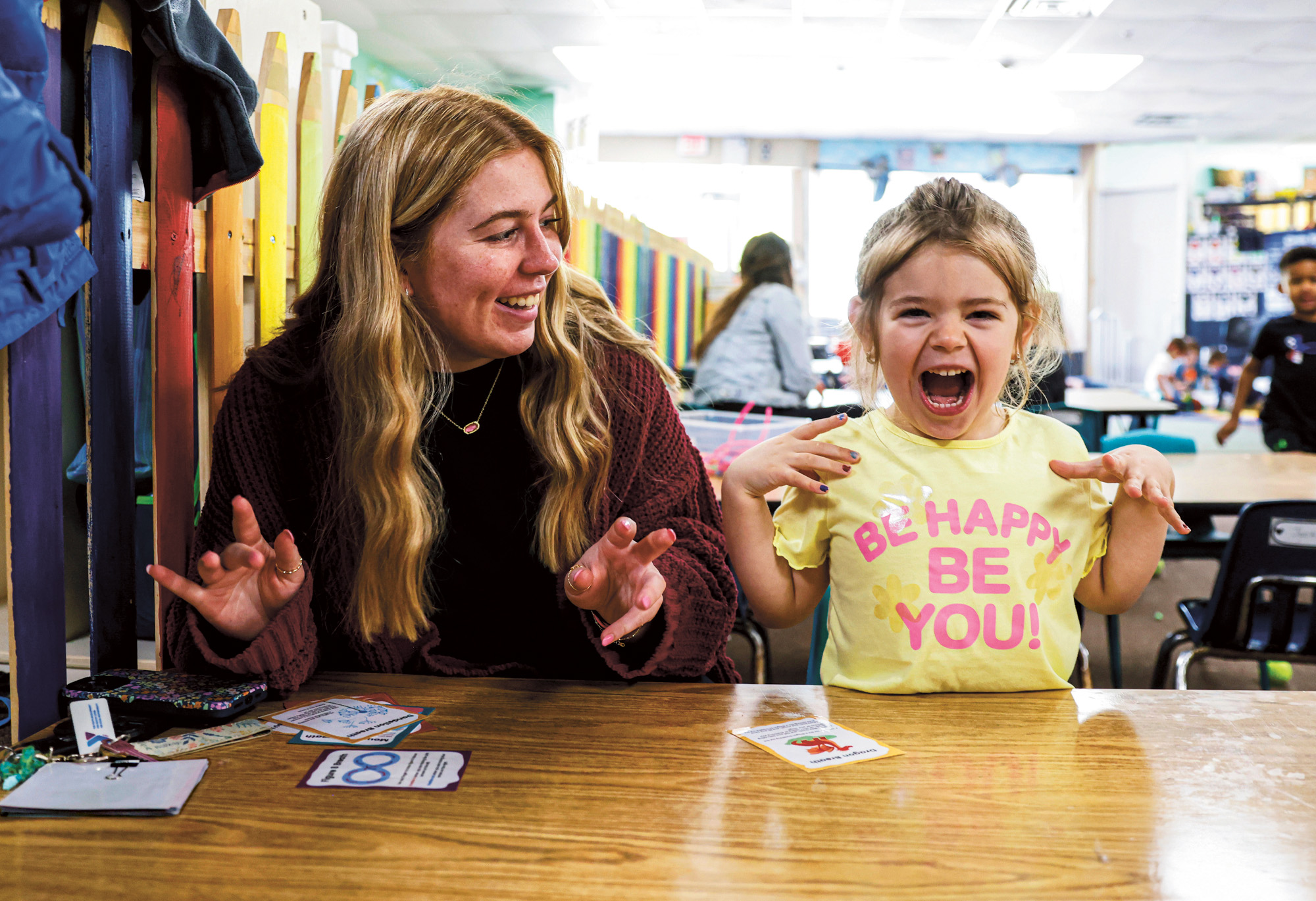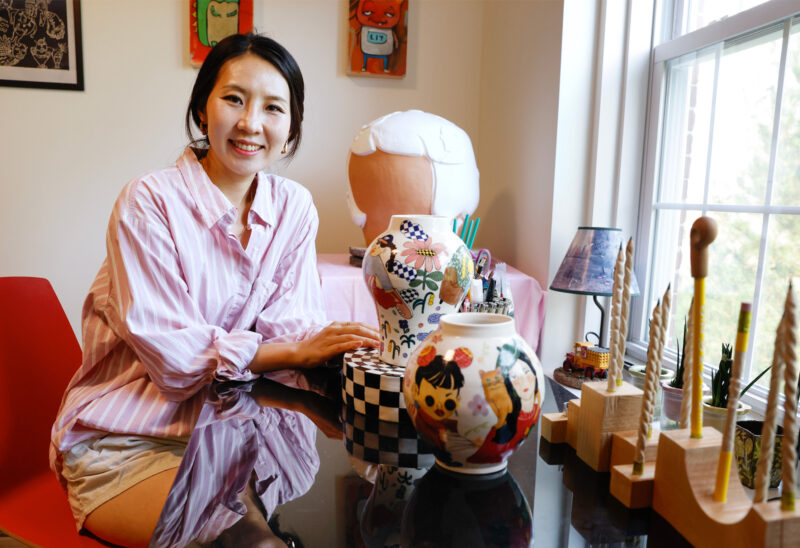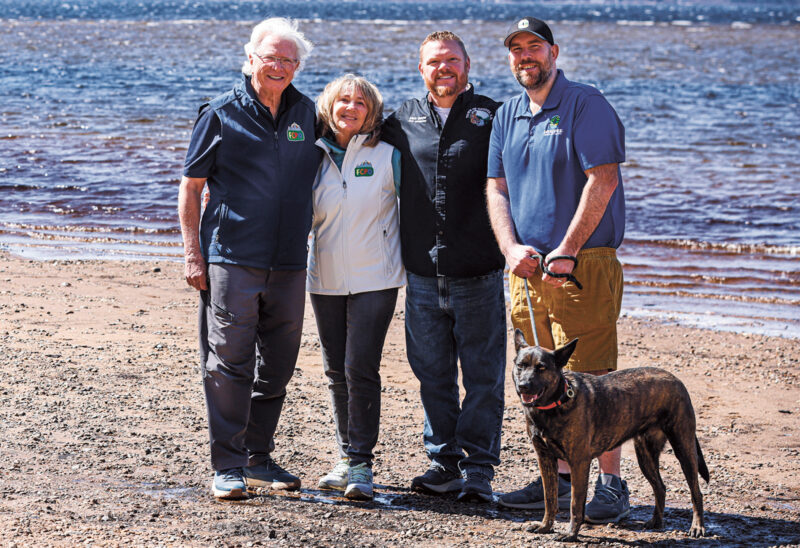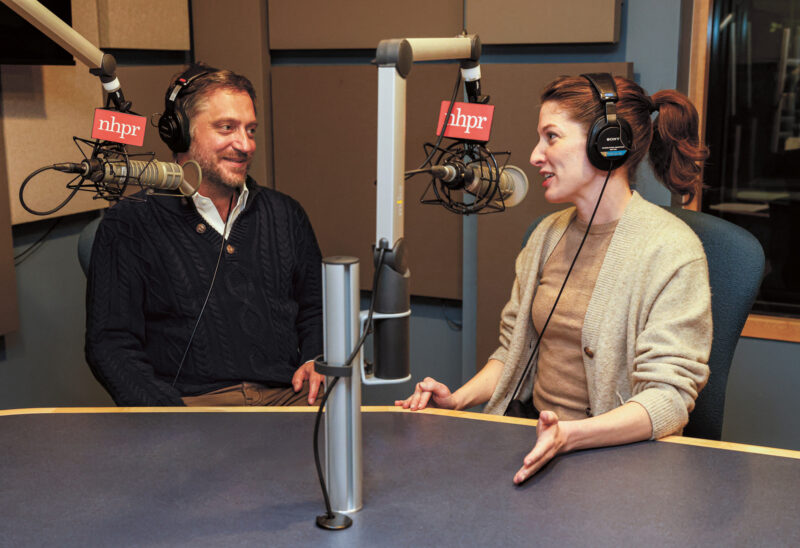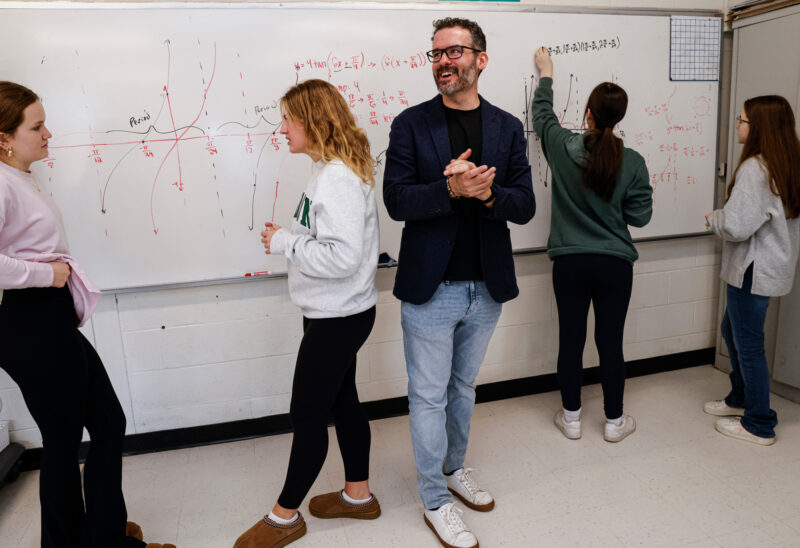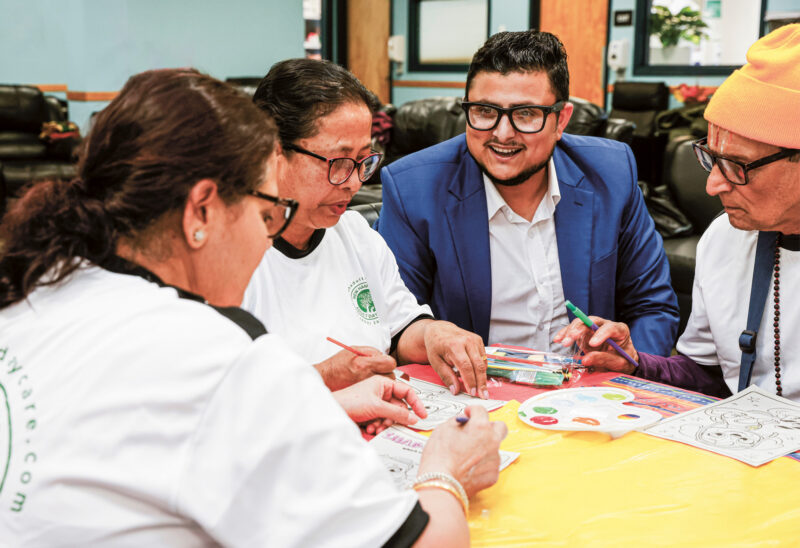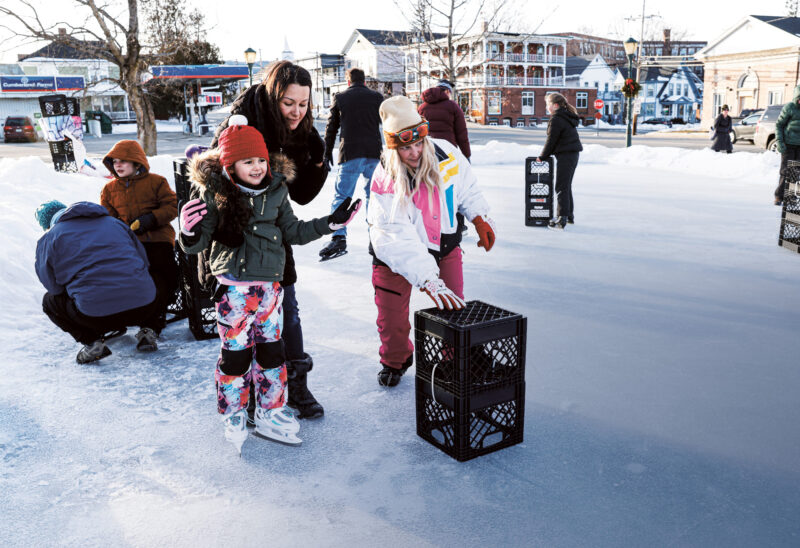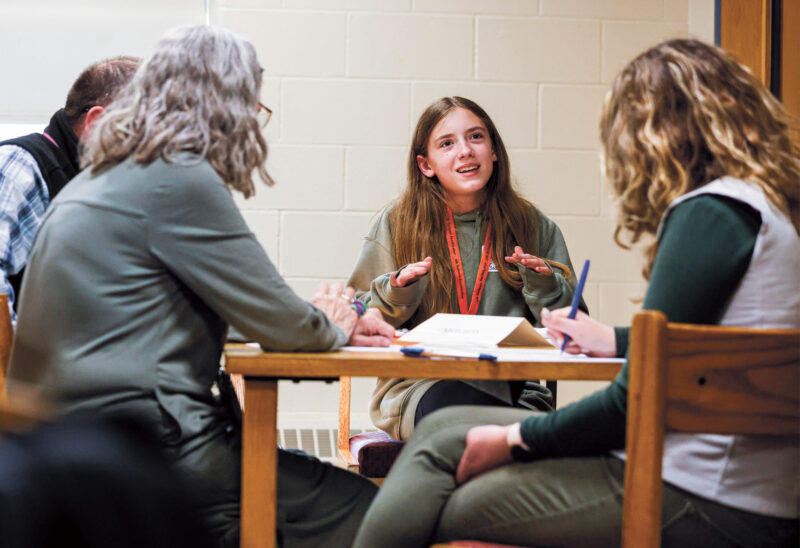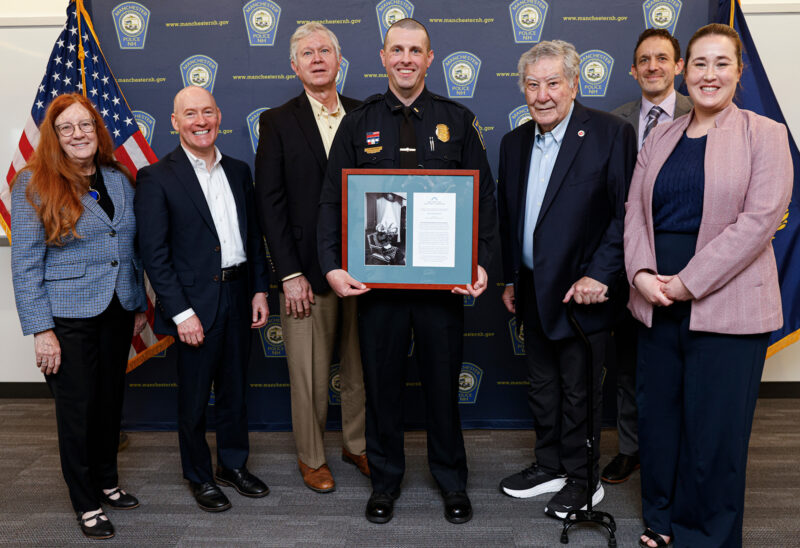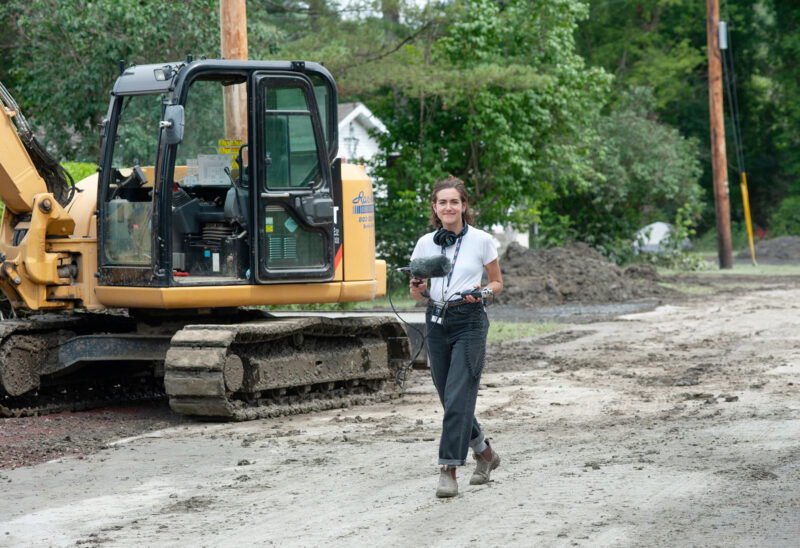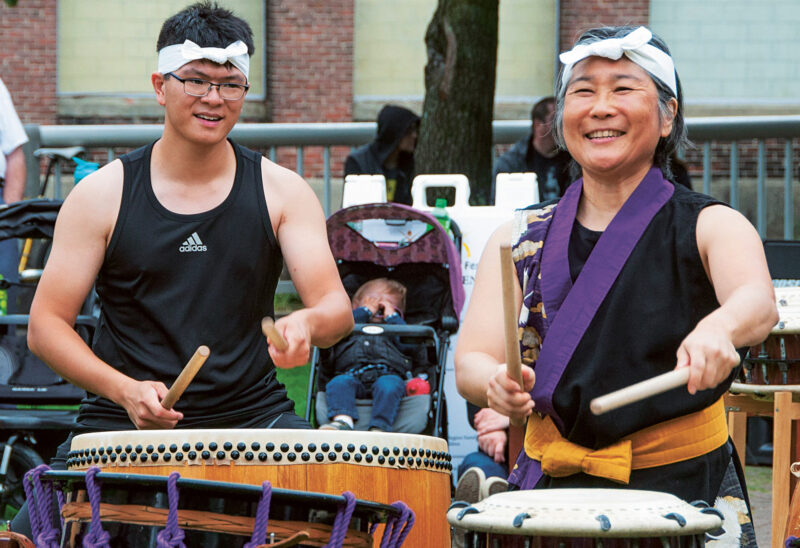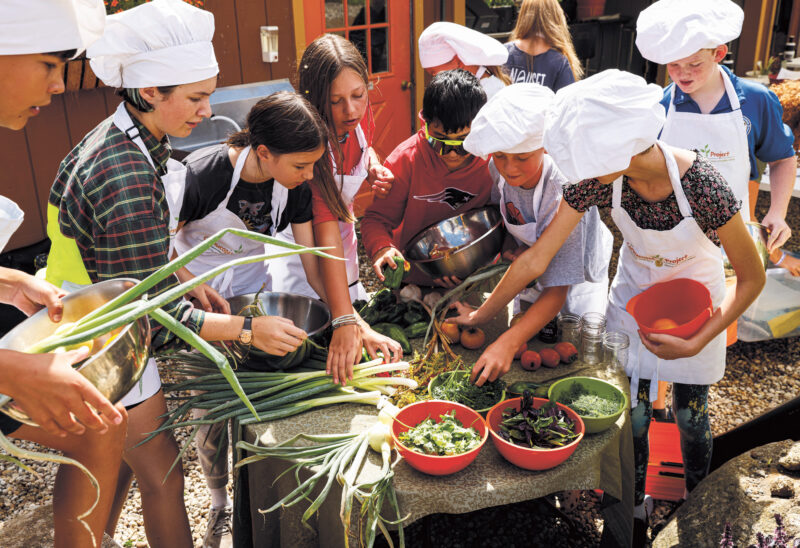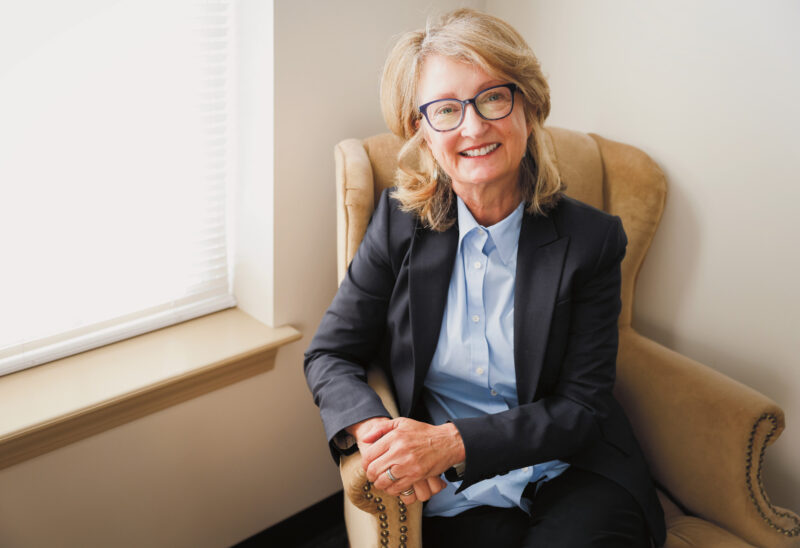After the disruptions of the early Covid years, one thing was clear: A lot of the kids were not all right.
Teens reported increases in anxiety and depression. Teachers noted more behavioral health challenges among youngsters as early as preschool. While self-reported data from teens showed some improvement between 2021 and 2023, too many young people still struggle with a tangle of factors affecting emotional health.
New Hampshire’s 10 nonprofit community mental health centers are key to helping our young people. The centers treat adults, families and children, regardless of insurance status or ability to pay. They help people in crisis — and help prevent people from reaching crisis.
As part of a long-term strategy to improve behavioral health in the state, the Foundation is supporting that work, with children in particular.
In Nashua, mental health workers from Greater Nashua Mental Health go where kids need them. They work with early childhood teachers and summer camp staff on techniques for supporting young people. They offer counseling, programs and support groups and help young people learn how to feel comfortable in community.
Alyssa Pasciuto runs the center’s RENEW program for teens who otherwise may “slip through the cracks.” One of her clients was a straight-A student who worked as a grocery cashier and planned to continue doing so after graduation. Alyssa helped her to see her own strengths — and proudly recounts how she headed to college on a full scholarship.
Krystle Olson was a 20-year educator who retrained in behavioral health after seeing the effects of the pandemic. “I said, ‘I can’t keep teaching algebra, because these kids can’t learn right now.’”
Krystle and colleague Hannah Fortin spend time each week in an early childhood center, mentoring teachers on strategies to help students.
One strategy is to hand children a picture of a cupcake with a birthday candle. Kids take a deep breath and pretend to blow the candle out. The mindful breathing technique, translated for toddlers, can be surprisingly effective.
One morning, a preschooler had her hands on her head, wailing. Hannah handed her the cupcake picture. The child took a deep breath in and blew.
“She flipped like a switch,” Hannah said. “She was able to explain that she was sad because she missed mom. She was able to re-regulate — even though she did not know what that meant.”
One small victory for one small person on one day, perhaps. But that small person is now equipped with a tool that helps her thrive in her community.

